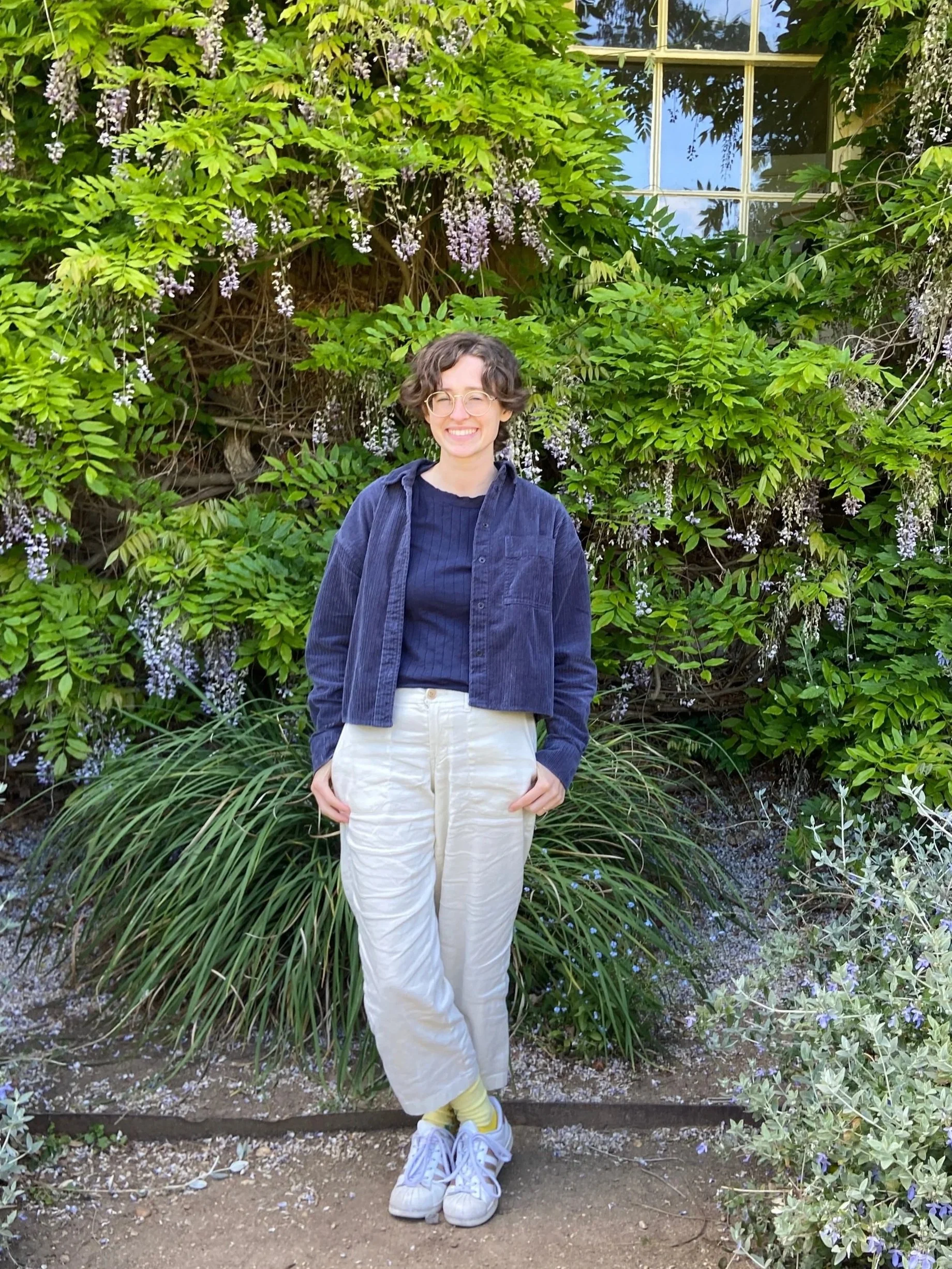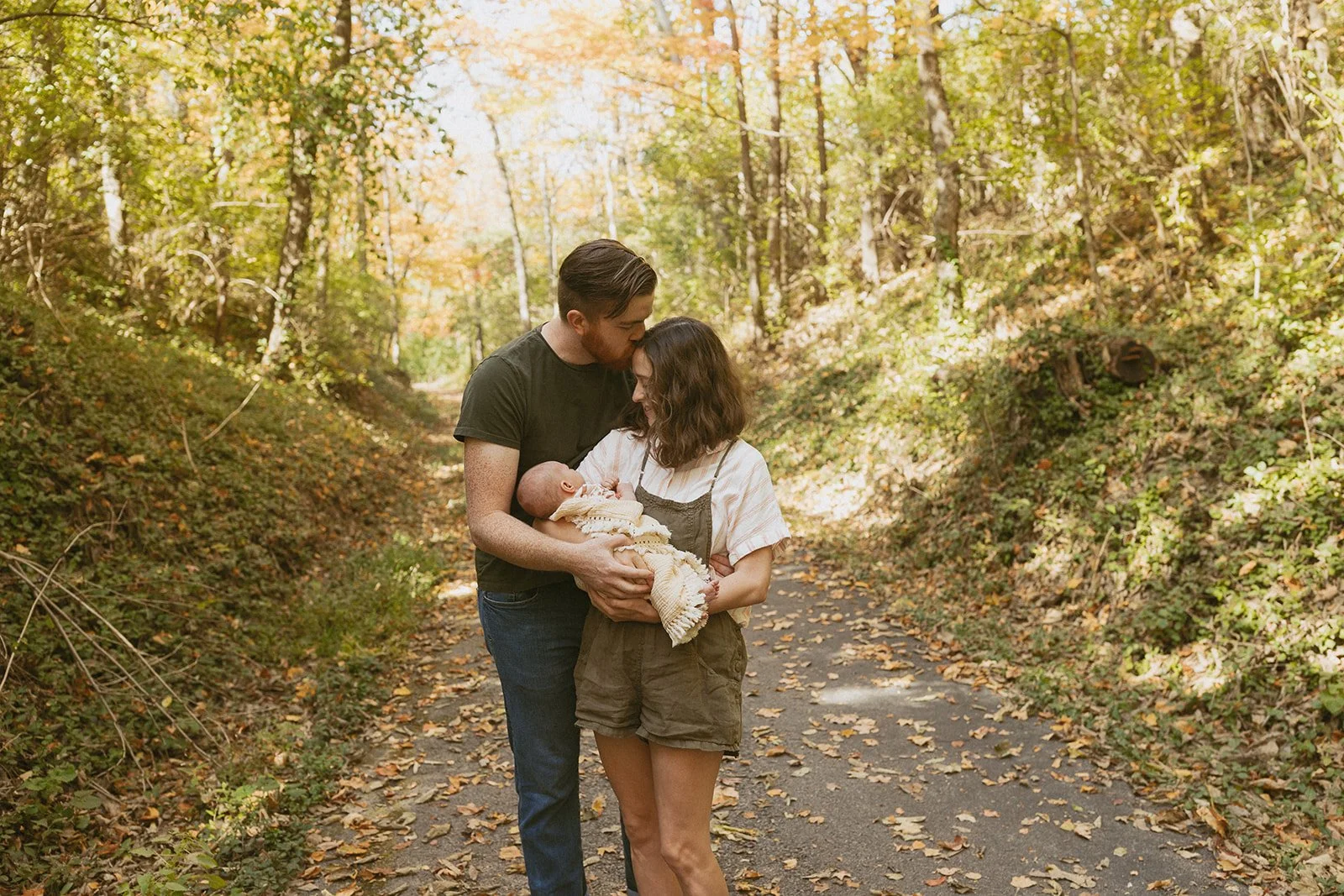Hannah Schultz is a teacher-scholar of 19th-century British and Global Anglophone literature. She is currently a Visiting Assistant Professor of English at Haverford College, teaching introductory and upper-level courses on topics such as 19th-century environmentalisms, postcolonial literature, and the literary representation of trees.
Having received her MFA in Creative Writing from Minnesota State University, Mankato, in 2020, she received her PhD in English from the University of Kentucky in 2025. Her research explores 19th-century British literature through ecocritical and feminist lenses, focusing on the co-constructive ideologies of androcentrism, imperialism, and racism. Her most recent article, “‘Cut off from the green reconciling earth’: Patriarchal Preservation and Ecological Subjectivity in Aurora Leigh,” was published in Victorian Review.









Unsurprisingly (at least to those familiar with my daily life), I missed my annual year in review post for 2024. I had my daughter in the fall of 2023, then scraped together my last remaining brain cells to balance teaching and finishing my dissertation in 2024. Fall 2024 was also when we lost Argos, my soul dog whom I’d had since childhood; he survived osteosarcoma against every odd but died unexpectedly in his sleep from a heart condition. In the midst of parenting, dissertating, and grief, a year in review post on my now seldom-used blog was not at the top of my priorities list.